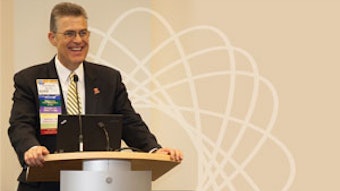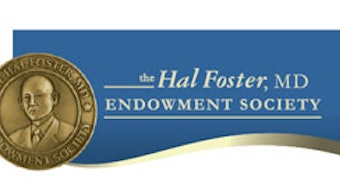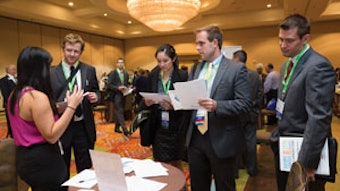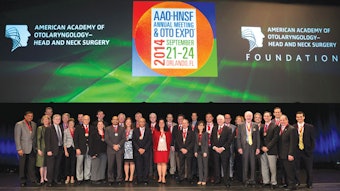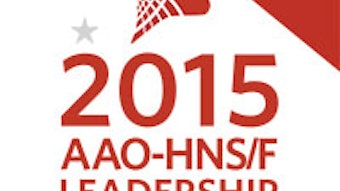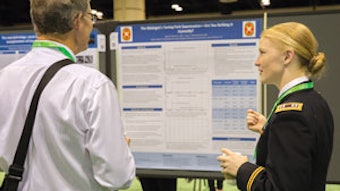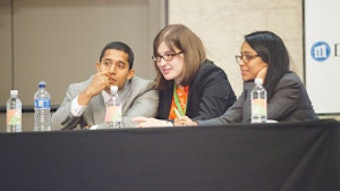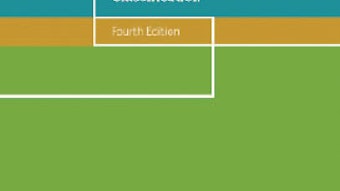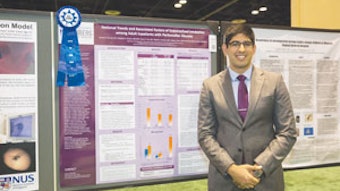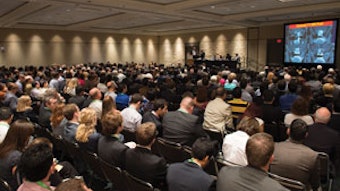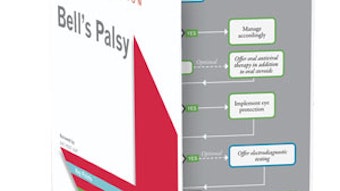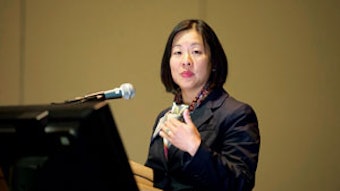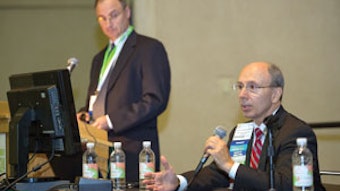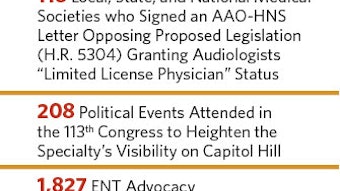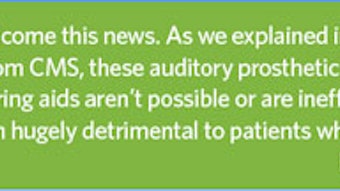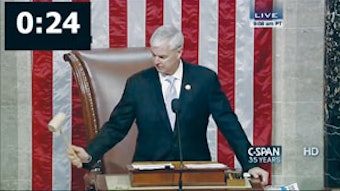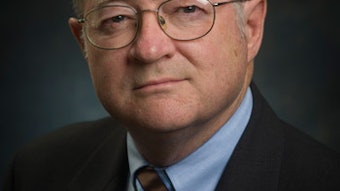2014 Annual Report: The Evolution of Federal Audiology Legislation
Efforts to oppose inappropriate scope of practice expansions have long been a tenet of the AAO-HNS’ federal legislative priorities.
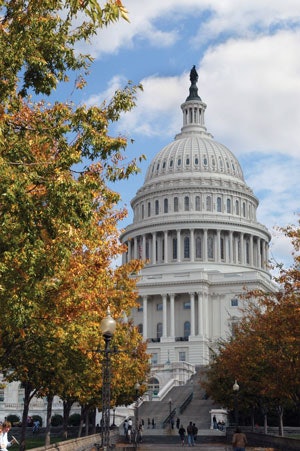
However, in the last several years, the audiology community’s coalescence around the direct access issue has waned. As a result, the 113th Congress represents the first time that the three groups representing audiologists have opted to each pursue their own legislative initiatives. The active bills are:
- American Academy of Audiology (AAA)—H.R. 4035/S. 2046, a recycled bill to provide audiologists with unlimited direct access to Medicare patients without a physician referral. Introduced in February 2014 by U.S. Rep. Jim McDermott (D-WA) and U.S. Sen. Sherrod Brown (D-OH). AAO-HNS strongly opposes.
- American Speech-Language-Hearing Association (ASHA)—H.R. 2330, a bill designed to align Medicare coverage of comprehensive audiology services with current billing and reimbursement standards of other non-physician therapeutic services covered by Medicare (PT, OT, SLP). This bill specifically retains the requirement for a physician referral, as well as physician oversight of plans of care. Introduced in June 2013 by U.S. Rep. Gus Bilirakis (R-FL). AAO-HNS supports.
- Academy of Doctors of Audiology (ADA)—H.R. 5304, an effort to pass legislation by 2018 that would amend Title XVIII of the Social Security Act to include audiologists in the definition of “physician.”This new initiative would also provide the direct access outlined in the AAA bill. Introduced in July 2014 by U.S. Reps. Lynn Jenkins (R-KS) and Matt Cartwright (D-PA). AAO-HNS strongly opposes.
The shift in the audiology community’s strategy is not an anomaly. Since passage of the Affordable Care Act and the President’s subsequent reelection, there has been a slightly more favorable environment on Capitol Hill regarding efforts to expand access to non-physician healthcare providers to help fill perceived “gaps”in care. As a result, the incidence and breadth of scope expansion efforts has markedly increased.
Given these evolving legislative “environment” variables, and the strategic shift within the audiology community, the AAO-HNS has remained proactive in its approach to ensure Members of Congress (and their staffs) are well educated on the various audiology initiatives. In addition to several AAO-HNS letters to Capitol Hill and numerous meetings with legislative and committee staff, the Academy spearheaded coalition sign-on letters opposing H.R. 4035/S. 2046 and H.R. 5304. We are pleased to report that nearly 120 national, state, and local medical societies—including the American Medical Association and the American College of Surgeons—are signatories to our letters.
Thus far, our efforts have received a positive response from most Capitol Hill offices. However, our success should not breed complacency. The AAO-HNS urges its Members to follow these issues closely. As these legislative efforts continue to unfold, applicable legislative “action alerts” and other advocacy-related materials will be communicated to AAO-HNS Members.
For more information regarding pending audiology legislation, email legfederal@entnet.org. Or, visit the Legislative and Political Affairs webpage at www.entnet.org/advocacy for access to the Academy’s position letters and additional resources pertaining to these issues.

